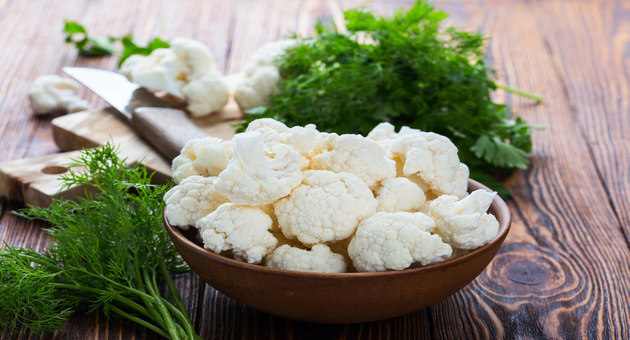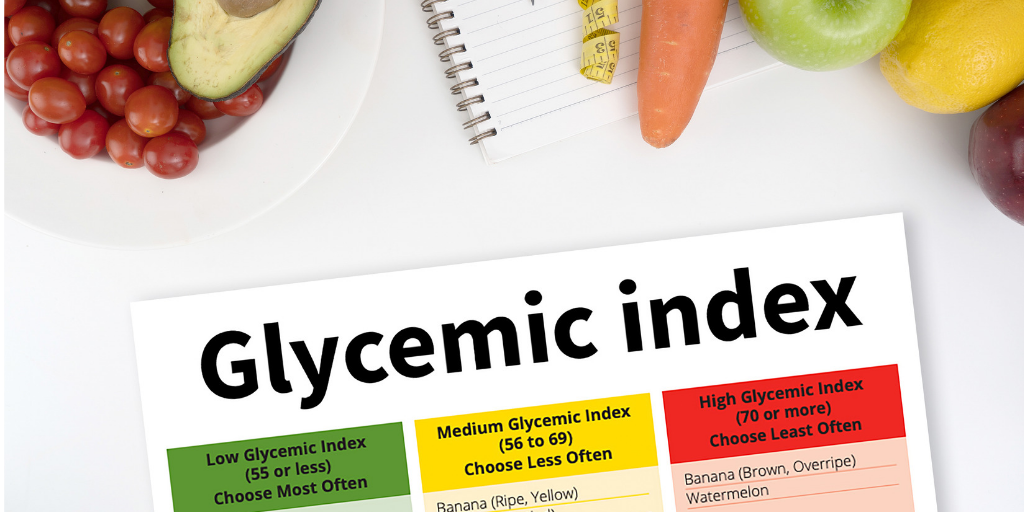Many athletes and exercisers think they should increase their protein intake to help them lose weight or build more muscle. Since muscles are made of protein, it makes sense that consuming more could help you reach your strength goals.
It is true that the more you exercise, the greater your protein needs will be. However, there is a point at which you can take it too far. At a certain point, there are likely diminishing returns.
Intake Guidelines
Proteins are the basic building blocks of the human body. They are made up of amino acids and are needed for muscles, blood, skin, hair, nails, and internal organs. Next to water, protein is the most plentiful substance in the body, and most of it is actually in the skeletal muscles.
Considering this, it’s reassuring to know that according to the Dietary Guidelines for Americans 2015-2020, most people get more than enough protein daily. However, the same report points out that intakes of seafood and plant-based proteins such as nuts and seeds are often inadequate.
If you’re an exerciser, however, your protein needs may be slightly higher since resistance training and endurance workouts can rapidly break down muscle protein.
The general guidelines for endurance and strength-trained athletes from the Academy of Nutrition and Dietetics, Dietitians of Canada, and the American College of Sports Medicine suggest consuming between 1.2 and 2 grams of protein per kilogram of body weight for the best performance and health.
If you are trying to build more muscle, you may think you need even more protein, but this probably isn’t the case. There’s evidence that highly trained exercisers or athletes may benefit from more protein (over 3 grams/kilogram per day), but for the average exerciser, intake of up to 2 grams/per kilogram per day is sufficient for building muscle.
Calculating Your Protein Needs

While the above guidelines give you a good sense of where your protein intake should fall, calculating the amount of daily protein that’s right for you can help you fine-tune this further.
To determine your protein needs in grams (g), first, calculate your weight in kilograms (kg) by dividing your weight in pounds by 2.2.
Next, decide how many grams of protein per kilogram of body weight is appropriate for you.
- Use the low end of the range if you are in good health and are sedentary: 0.8g per kg.
- Use a higher number (between 1.2 and 2.0) if you are under stress, pregnant, recovering from an illness, or if you are involved in consistent and intense weight or endurance training.
(You may need the advice of a doctor or nutritionist to help you determine this number.) Then multiply your weight in kg times the number of protein grams per day.
Example:
154-pound (lb) male who is a regular exerciser and lifts weights, but is not training at an elite level:
- 154 lb/2.2 = 70 kg
- 70 kg x 1.7 = 119 grams protein per day
Percentage of Total Calories
Another way to calculate how much protein you need is by using daily calorie intake and the percentage of calories that will come from protein.
First, determine how many calories your body needs each day to maintain your current weight:
- Find out what your basal metabolic rate (BMR) is by using a BMR calculator (sometimes referred to as basal energy expenditure, or BEE, calculator).
- Determine how many calories you burn through daily activity and add that number to your BMR.
Next, decide what percentage of your diet will come from protein. The percentage you choose will be based on your goals, fitness level, age, body type, and metabolic rate. The Dietary Guidelines for Americans 2015-202 recommend that protein account for somewhere between 10% and 35% for adults.2
Multiply that percentage by the total number of calories your body needs for the day to determine total daily calories from protein.
Finally, divide that number by 4.
Quick Reference
4 calories = 1 gram of protein
Example:
For a 140-pound female who consumes 1800 calories per day eating a diet composed of 20% protein:
- 1800 x 0.20 = 360 calories from protein
- 360 calories / 4 = 90 grams of protein per day
Types of Protein
Foods that contain all of the essential amino acids are called complete proteins. These foods include beef, chicken, fish, eggs, milk, and just about anything else derived from animal sources.
Incomplete proteins don’t have all of the essential amino acids and generally include vegetables, fruits, grains, seeds, and nuts. If you’re a vegetarian or vegan, this doesn’t mean you can’t get complete protein.


